 Welcome C. Hope Clark, author of the fabulous “Carolina Slade” mysteries!
Welcome C. Hope Clark, author of the fabulous “Carolina Slade” mysteries!
When an author takes the advice of the writing sages and uses a bit of what you know in her stories, people love to ask, “How much of this is true?” On one hand, it’s a huge compliment. The tale is plausible, realistic, and factual enough for readers to wonder if it really took place. The author has baited them, reeled them in, and convinced them to stay and partake of what she’s serving. That feeling never gets old.
But then there are moments where people wonder a bit too hard.
I write The Carolina Slade Mystery Series (Bell Bridge Books) set in rural South Carolina. My protagonist has two children and investigates agricultural irregularities as a Federal employee. She’s involved with a Federal agent with an obscure law enforcement agency called the Office of the Inspector General. Every government branch has an OIG that’s used in lieu of the FBI, which has different duties and operates under a larger umbrella approach to the government. This particular agent in Slade’s life is forever asking her to back away from perilous situations. Of course she doesn’t.
The first book in the series, Lowcountry Bribe, opens with Slade being offered a bribe. She calls it in to the authorities. They arrive on the scene for a sting operation to catch the guy. It all goes terribly wrong. Her world gets crazy insane and dangerous, and she’s forced to operate outside the rules, the laws, even common sense. She develops feelings for the agent but pushes them aside.
I was with the Federal government. I was offered a bribe. The bribe went sour. I married the agent, and I have two children. At first blush it sounds autobiographical, but in reality, the real-life situation wasn’t nearly as traumatic as painted in the story. But when readers and attendees learn that my life served as catalyst for fiction, they start interpreting all my fiction as reality.
“Did you have an ex-husband like Slade who was that horrible?”
Of course not.
“Were your children put in danger?”
Nope.
“Is Slade going to marry the agent like you did?”
Who knows?
“How did you know all these details…these emotions?”
I tapped what I knew, observed other people, and made up the rest. But as I study the room, as my answers settle in, they never look convinced.
As authors, we fight to nail the details. If we don’t know the answers to problems, we find someone who does. Or we read successful authors who traveled before us. We watch a movie like a writer or read a book like it’s a movie, seeking the moves, wording, and action beats.
A mystery author sees life as adventure and observes her surroundings as if they auditioned for pages in her books. So anything dramatic in her life becomes the perfect fodder for a story.
Family and friends, however, aren’t sure how to take me. My mother has banned me from writing about her. My sister-in-law has begged me to design a character around her, and my husband joked that I might write her in as a crack addict. She said that would be fine. So I did.
My newest daughter-in-law says she can’t read my stories because Slade sounds like me in her head. Her mother secretly asked how much she really knew about her new mother-in-law, because so much of the story might be true.
My neighbors greet me in a new light, as if I hold deep, dark secrets.
My parents are afraid to read the book.
I continue to marvel at how easily people spin fiction into fact. After my first nervous appearance where readers felt the need to make me accountable for clear delineation between what’s real and what’s not, I learned to roll with the experience. I enjoy the mystique now. Because the harder I try to explain the difference, and the louder I profess my normalcy, the more they seem to doubt. As one of my critique partners said one night, after she’d had two wines and peppered me with questions about one scene after another, “Thou dost protect too much.”
“Fine,” I said. “You decide what you think is real.”
She tipped her wine glass at me and said, “I thought so.”
C. Hope Clark is editor of the award-winning FundsforWriters.com, and her newsletters reach 35,000 readers each week. Hope’s manuscript for Lowcountry Bribe made the finals for several awards before finding its place with Bell Bridge Books where it made a grand debut. The second book in The Carolina Slade Mystery Series, Tidewater Murder, is an April 2013 release, and Hope assures readers that none of it is true.




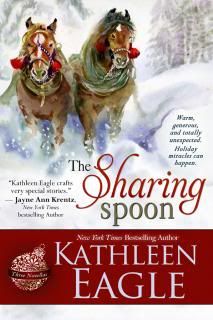
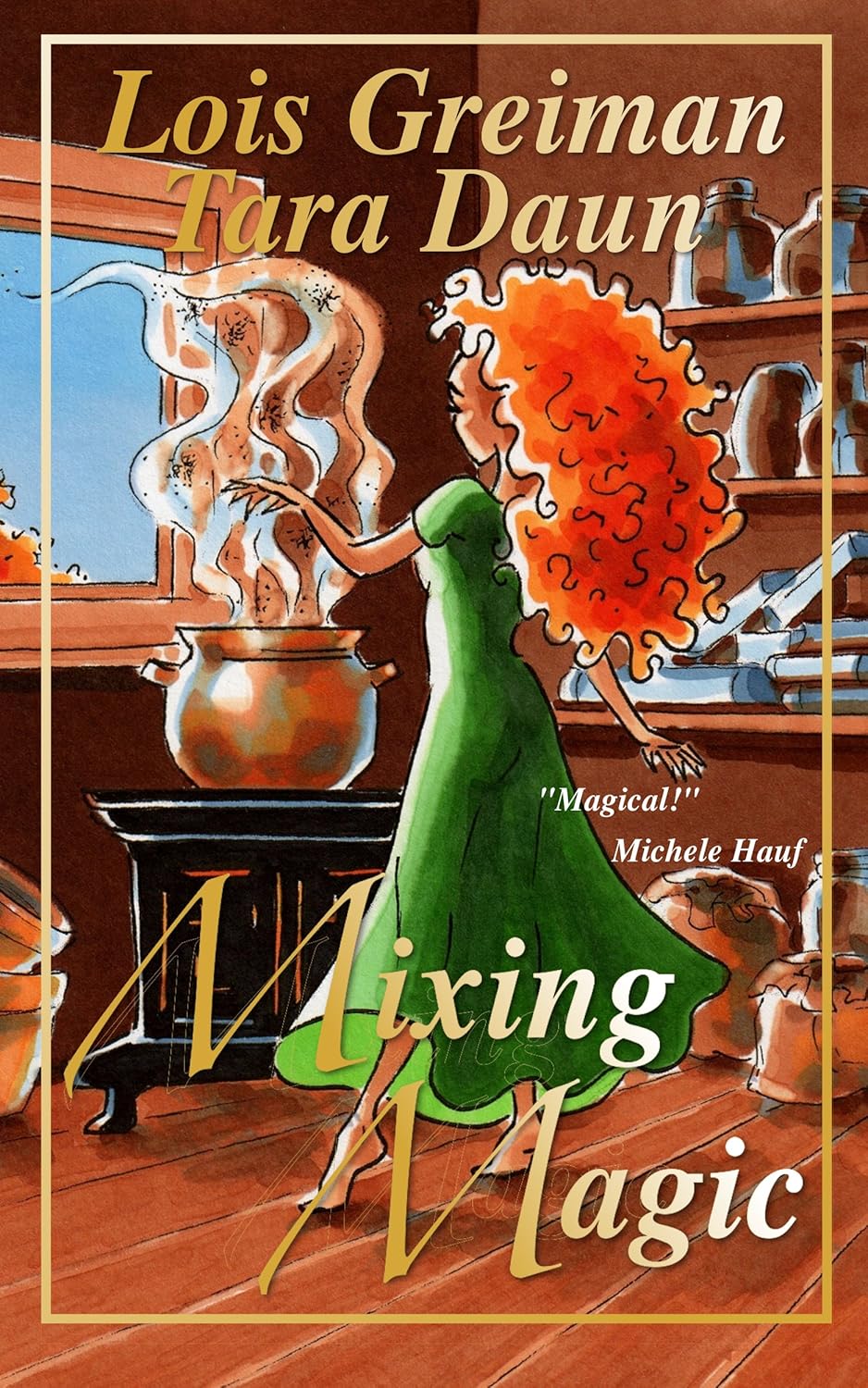
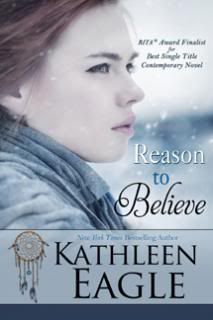
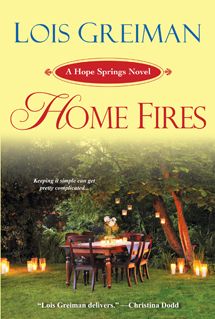
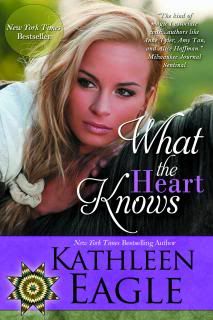

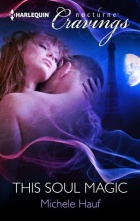

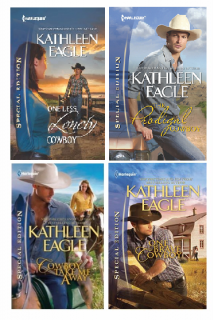
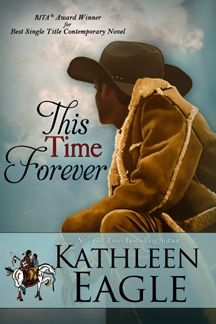


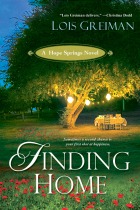
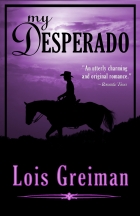
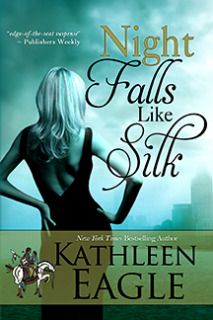

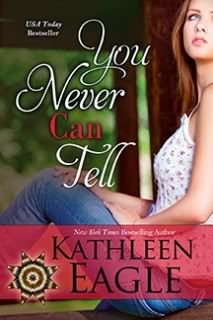
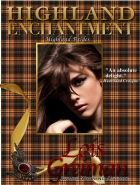


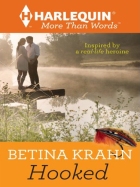
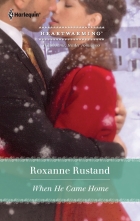
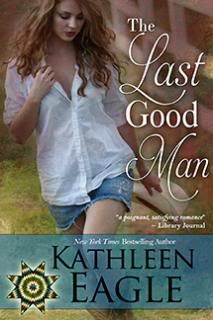


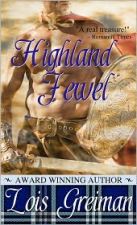

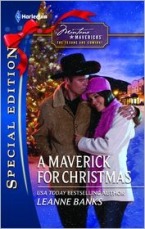

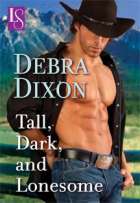





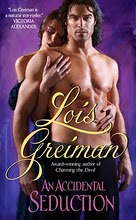
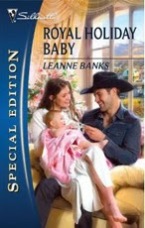
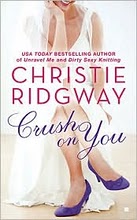
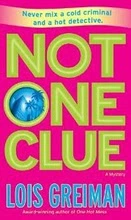

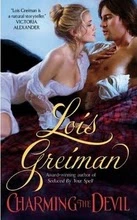




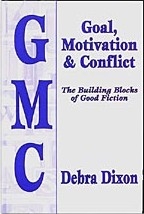
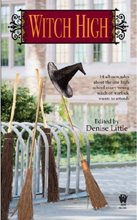


The books sounds wonderful 🙂 And I’m so impressed with the breadth of your newsletter. Wow!
Thanks so much, Kylie. On both counts!
I always hear that an author should write what they know and it looks like you have. Working in the Agriculture industry for many years, I will enjoy reading about the other side of the coin.. Your books sounds great and I look forward to reading them.
You might find these very interesting with your background, Kathleen. Let me know what you think of them!
Welcome Hope! I love that you’ve woven in some of your experiences with those of your characters. Fascinating! 🙂
It’s something we all can do in our writing. It sure helps make it more authentic!
In my part of the country, ND and beyond..A Native and non Native grassroots “Idle No more” has been taken place..coming up has to deal w/ pesticides and how they can cause sickness..I’m married to a part-time farmer..my dad was a dairy farmer/farmer but I see where these things can happen. NT
Oh yes. There’s as much crime and underhandedness in the rural area, in agriculture, as there is anywhere else. And anytime there’s money and livelihood involved, bad stuff happens, too. I love it when rural folk chime in. Thanks, Nicole.
That’s great, Hope! Enjoy all that mystique! I am the wife of a dairy farmer and I’m looking forward to reading your books! You hooked me with “agricultural irregularities”! 🙂
LOL – I’m toying with whether to do dairy or chickens in the fourth book. The third one…peanuts!
I think we all put a little fact into our fictional stories. My Aunt used to say all the time, “I’m afraid to tell Janet anything, she’ll write it down.”
Ooh, I’ve been told that, too, Janet.
Welcome Hope! Those are the type of books that draw a reader in…it makes us readers connect with the characters. Not all of us but some of us. It’s always fun to read something new and different and yours sounds interesting and can’t wait to read…. I just downloaded a sample on my iPad and now buying it. It just pulled me in and have to find out what happenes with Slade. I do like very much what you wrote in your blog. It is very fascinating.
So happy to hear I pulled you in, Mona. (Making a tick mark in the air!)
I’m late to the party, and I’m the hostess! Blame it on Big C. The Company. Cable, that is. Almost as irritating riding in the ‘vert behind a car that won’t pick a lane.
Anyway, Hope, I love this story behind the story. It reminds me of one of my favorite books on writing, THE LIE THAT TELLS A TRUTH by John Dufresne. You have a seed in your hand–that bribe you were offered–and the fertile ground that is your imagination, and you grow a great story.
I’m flattered, Kathleen. Thanks for the comparison. And don’t you hate it when cable goes out? I’m a bear when that happens.
Pingback: Tips to Approach Your Arts and Humanities Council by C. Hope Clark